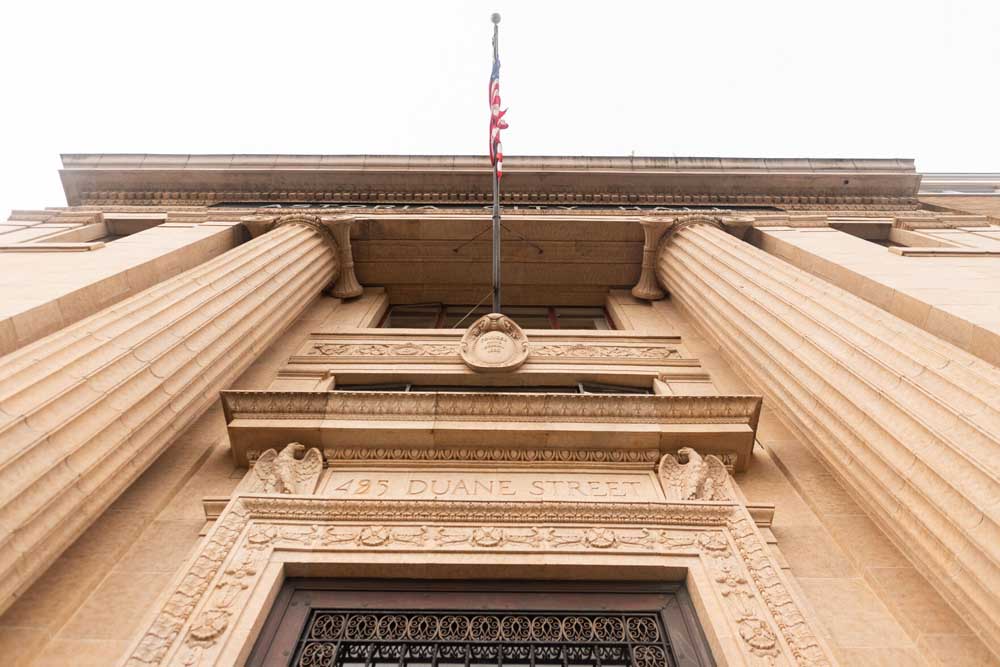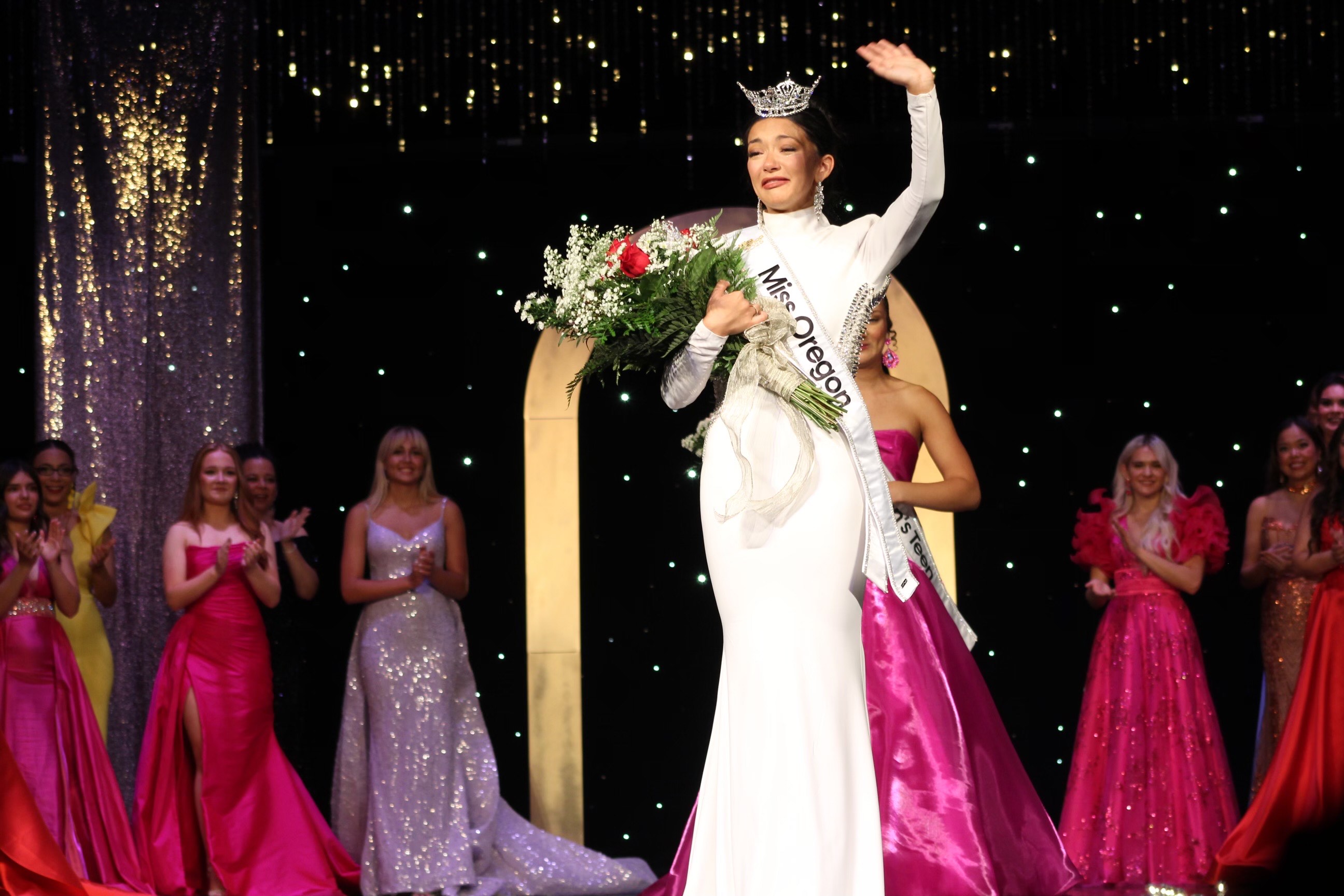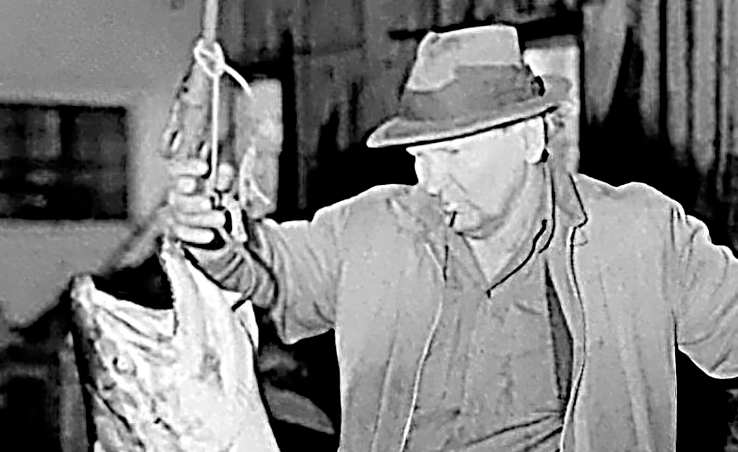Astoria man spans the globe to rescue birds harmed by oil spills
Published 5:00 pm Sunday, March 15, 2009
When there’s an oil spill, Astoria resident Curt Clumpner comes to the rescue of affected wildlife.
Clumpner is the northwest regional representative for the International Bird Rescue and Research Center, an oil spill response organization for wildlife formed in 1971 when two oil tankers collided in San Francisco Bay.
The group and its volunteers span the globe, and Clumpner has been a part of their efforts since 1985, when he first volunteered to recover and clean oiled birds after the tanker Arco Anchorage ran aground near Port Angeles, Wash.
Since then, he’s followed in the wake of all the major oil spills on the West Coast and around the world.
“I’ve never been to Antarctica, which I’m dying to go see, but I’d prefer it not be for a spill,” he said.
He volunteered with IBRRC in 1988 after the barge Nestucca collided with a tug near Grays Harbor and spilled more than 231,000 gallons of bunker fuel.
“That was a very large spill,” he said. “We had 3,000 birds. Almost right after that, Exxon happened.”
Clumpner said the Exxon Valdez spill probably had the most severe impact on wildlife of all the spills he’s seen.
“There were a huge number of animals that died because of the remoteness of the spill site and the general topography of Alaska,” he said. “It was very hard to capture animals, and so we got a really small percentage of the animals that were actually oiled into the center alive.”
After Exxon, Clumpner responded to the American Trader oil spill off Huntington Beach in California. It was around that time he realized his volunteer work was overshadowing his full-time job as director of the Progressive Animal Welfare Society (PAWS) wildlife center in Seattle.
“I felt like I was spending more time at spills than at what was supposed to be my real job,” he said.
He resigned from PAWS and worked as a contractor for IBRRC for a couple years before joining the staff in 1995.
Now, Clumpner does everything for IBRRC from capturing and cleaning the injured wildlife after a spill to training volunteers worldwide and helping governments and oil companies write spill response plans.
Clumpner grew up in Bellingham, Wash., where his grandmother often took in the injured wildlife from the horse track where his grandfather worked.
He attended Western Washington University and then moved to Salt Lake City “to be a ski bum,” he said. But when the resort he was working at went belly up, he needed another income source, and the humane society was hiring. Inspired by his first taste of wildlife rehabilitation work, he moved back to the Northwest and worked for PAWS for 10 years before joining IBRRC. He moved from Seattle to Astoria five years ago.
The scope and unpredictability of Clumpner’s job means he travels a lot and doesn’t know when he’ll have to drop everything and leave Astoria to respond to another oil spill.
He already knows that from April to June this year he’ll only be in town for about three weeks. The rest of the time he’ll be abroad, training volunteers in his three areas of expertise: search and collection of birds, washing them and waterproofing their feathers.
After a spill, IBRRC is often called in to organize a response effort. The group needs to find a home base nearby that can provide warmth, enough space and hot water to do the cleaning and a way to contain the oily water so it isn’t released back into the environment.
Clumpner said after the Prestige oil tanker sank off the coast of Spain in 2002, IBRRC set up in a nearby firefighters camp. In France, after the Erika tanker sank in 1999, they worked out of an indoor tennis court.
“In some ways it’s terrible what happens,” he said, “but when you’re actually doing it it’s like problem-solving, so it’s fun.”
Clumpner said it was basically luck that led him to a career that allows him to help make the world a better place.
“When I was going to school, as far as I knew, there was no sort of job like this,” he said. “I’ve been lucky enough to find something I think I can do really well, and I’ve been able to travel the world and meet people who have the same sorts of philosophies and want to help but they don’t necessarily know how, and I have the opportunity to help them.”






